Negotiating After the Inspection: How to Use the Report to Your Advantage
Buying a home is one of the biggest financial decisions you’ll ever make, and the home inspection is a critical part of the process. Beyond identifying the condition of the property, your inspection report can be a powerful negotiation tool—helping you save money, request repairs, or secure better terms before closing.
In this post, we’ll walk you through how to use your inspection report to your advantage.
Why the Home Inspection Matters in Negotiations
A thorough inspection doesn’t just give you peace of mind—it provides leverage. With clear documentation of a home’s condition, complete with photos, recommendations, and prioritized action items, you’re better equipped to:
Request that sellers handle repairs before closing
Ask for a credit or price reduction to cover future repairs
Re-negotiate terms if major issues are uncovered
Step 1: Understand the Report Thoroughly
Inspection reports can be detailed, sometimes overwhelming. The key is to separate minor issues (cosmetic or easy DIY fixes) from major concerns (structural, roofing, plumbing, electrical, foundation, or safety hazards).
👉 Pro tip: Work closely with your inspector or real estate agent to prioritize which items matter most for negotiation.
Step 2: Decide What to Negotiate
Not every finding is worth bringing to the table. Focus on:
Safety hazards – such as faulty wiring, gas leaks, or mold
Major systems – HVAC, plumbing, roofing, foundation
Code compliance – areas that may prevent insurance or financing
By sticking to high-priority issues, you show the seller you’re reasonable while still protecting your investment.
Step 3: Know Your Options
After reviewing the report, buyers typically have three negotiation strategies:
Request Repairs: Ask the seller to fix key issues before closing.
Ask for Credits or Price Reduction: Get money back at closing to cover repairs on your own terms.
Walk Away: If the issues are too extensive and no agreement is reached, the inspection allows you to back out without penalty (depending on your contract).
Step 4: Present Your Case Clearly
When submitting requests, always back them up with specific report findings and photos. For example:
Instead of: “The roof looks old, please replace.”
Say: “The inspection report notes deteriorating shingles and active leaks on the north slope. We request repair or a credit of $X to address this issue.”
Clear, fact-based language makes negotiations smoother and more effective.
Step 5: Work With Professionals
Your real estate agent and inspector are your best allies. Agents know how to frame repair requests strategically, while inspectors can clarify the urgency of certain issues. Together, they help you strike a fair balance—protecting your interests without killing the deal.
Conclusion: Knowledge is Leverage
A good inspection report does more than highlight issues—it gives you the power to make informed decisions and negotiate smarter. Whether you’re asking for repairs, credits, or a price reduction, using the inspection to your advantage can save thousands and prevent future headaches.


